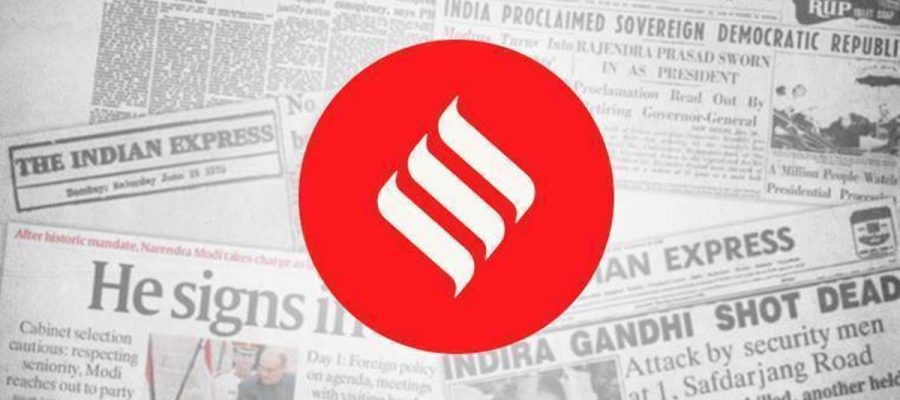Vanraj Bhatia took the road less travelled, gave parallel cinema movement a rare and versatile music
When writer Bhisham Sahni’s Tamas was immortalised on screen by director Govind Nihalani in 1988, it took a nation through the sorrow and despair of Partition all over again. The opening line, “Those who forget history find themselves condemned to repeat it” was accompanied by a haunting shriek that turns into an intense tune along with heaving synths, strings, and wind instruments. To portray the pain, composer Vanraj Bhatia, who won a national award for his work in the film, had an intrinsically western classical music score — the kind of music he remained passionate about till his death at the age of 93 on Friday in Mumbai.
Bhatia’s melodies — jingles, immaculate compositions in films such as Mandi, Bhoomika, Sardari Begum, Manthan, Kalyug, Mohan Joshi Haazir Ho and TV scores such as Waagle ki Duniya, Bharat Ek Khoj, Banegi Apni Baat and Tamas, became popular. Knowledge of music from both worlds, western and Indian, helped him create unique pieces. Be it “Mero gaam katha parey”, or the Hindustani classical pieces from Sardari Begum, even Bhatia’s quintessentially ‘Indian’ pieces were unconventional.
Bhatia briefly trained in Hindustani classical music while in school but fell in love with Tchaikovsky after listening to Piano Concerto Number 1 at friend and painter Jehangir Sabavala’s home. He fought with his family to study composition at the Royal Academy of Music in London and followed it by winning the Rockefeller Scholarship and the French Government Scholarship which allowed him to study in Paris under the aegis of legendary composer Nadia Boulanger. Almost all of Shyam Benegal’s work had Bhatia at the musical helm. In his final years, full of financial difficulties, Bhatia felt forgotten. Yet he worked diligently and completed an opera titled Agnivarsha, which remains to be staged.
Source: Read Full Article


